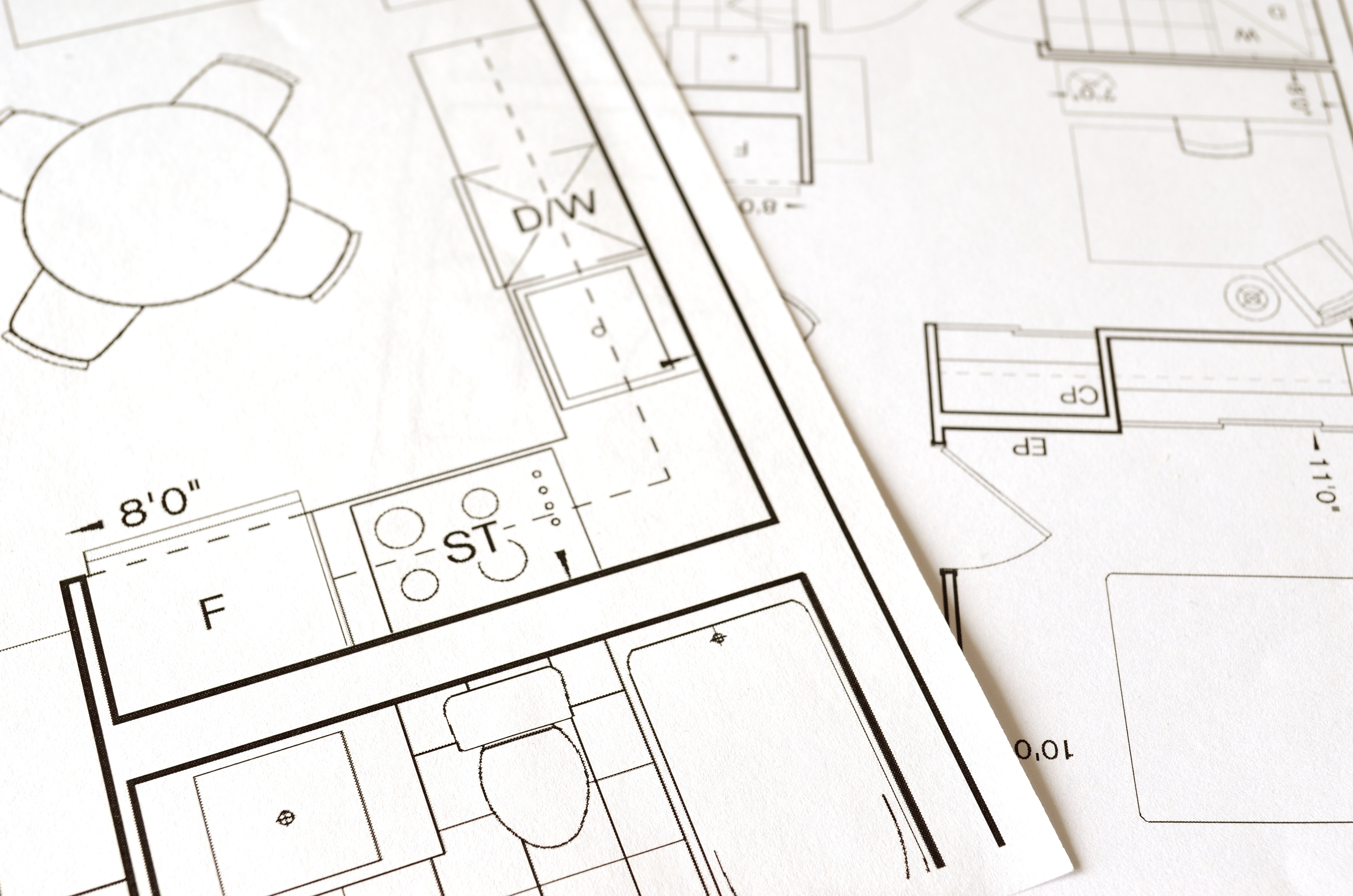
In a property market with strong buyer demand, off-the-plan real estate can offer more affordability and flexibility than the purchase of an existing property. Buyers are drawn to the financial gains of securing a new property at today’s price for tomorrow’s equity and are confident property values will rise. And with tens of thousands of new apartments to be constructed this year, buyers can afford to take their time to do their research.
Shared responsibility
People tend to think singular, but when you buy a new apartment or townhouse, you take shared ownership of and responsibility for the common property. The body corporate has a set of rules owners, occupiers and visitors need to follow, and some affect not just common property but individual lots, too. Some rules apply to pets, smoking and the use of lots as office space, for instance. There may also be proposed restrictions on the use of some facilities such as yards or rooftops. You can ask to change the rules, but it may be at the discretion of the developer. If you want to make changes to the property after settlement, you may also need approval.
Building restrictions
One of the most common inquiries tend to be about installing new flooring. The type of flooring and method of installation requires different levels of approval. While this type of request is commonly approved, significant structural changes or those that impact the appearance of a building are less likely to be approved, for example, a satellite dish on your balcony or making the roof a common barbecue area.
Maintenance fees
Review the proposed fees, which will cover the cost of maintenance, repairs and utilities for common property, and ask if they might increase by the time the building is completed. A good body corporate will have a comfortable maintenance fund to cover replacements and upgrades. Low fees are desirable but make sure they’re not the result of bad budgeting or eager sales team.
Our top tips
Choice of stock: Take your pick from a variety of layouts and aspects, often with the option to make design changes
Time: Settlement can take up to two years and allows you to lock in a property with a relatively small deposit at today’s price. If the market value goes up, you don’t have to pay extra
Flexibility: Some developers will accept flexible payment options such as bank guarantees or deposit bonds
To stay up to date with all of the latest strata news, follow PICA Group on Facebook or on LinkedIn.


